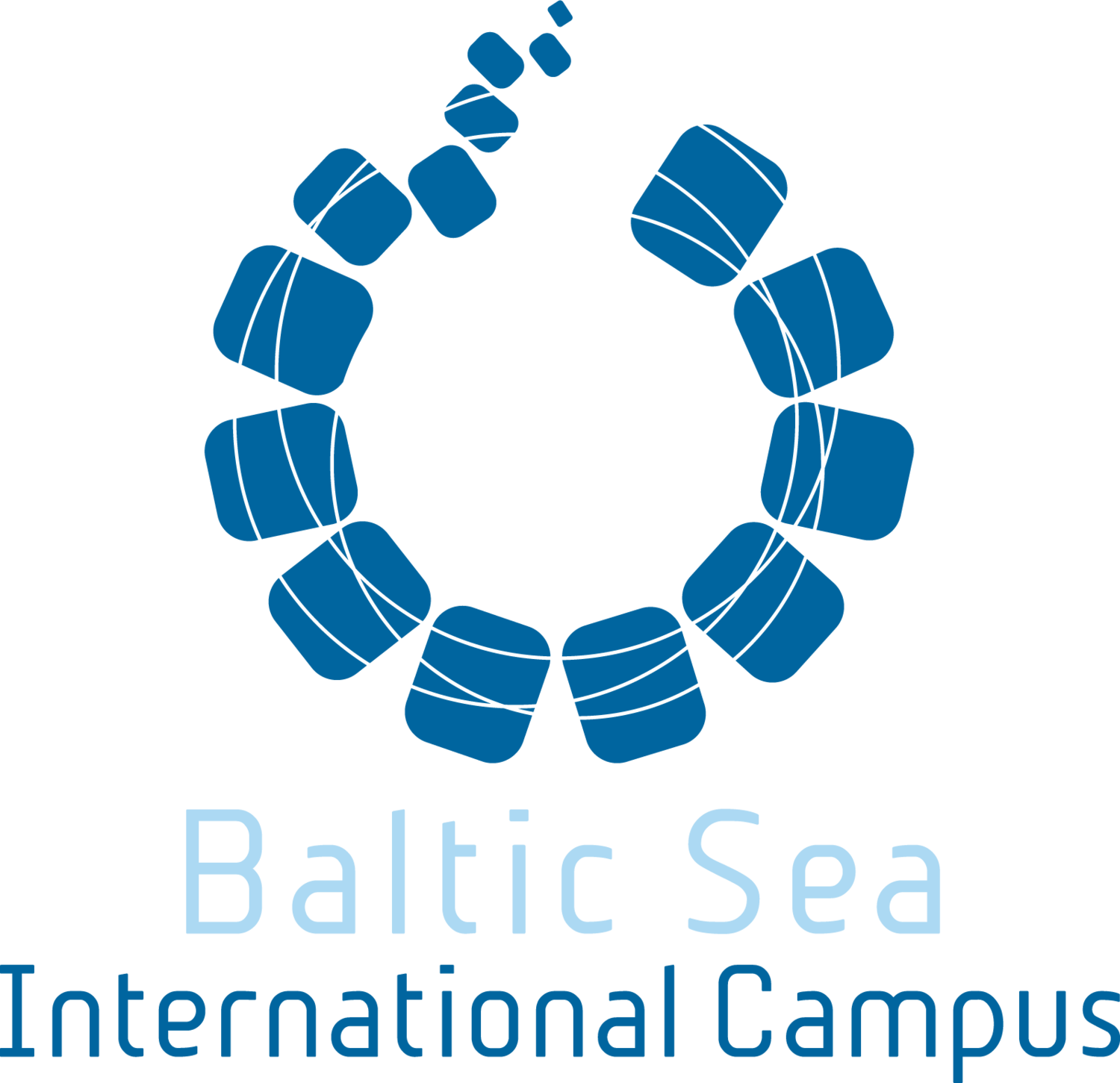Frequently Asked Questions
+ When does the class begin?
The courses at the Studienkolleg start on March 1st and September 1st each year. You can join the preparatory course at any time. Classes start at 8 a.m. The semester may start a week later if necessary.
+ What is a Studienkolleg?
A Studienkolleg is an educational institution where prospective students with a foreign university entrance qualification are prepared for academic studies at a German university. The Studienkolleg usually lasts for two semesters. At the end of the second semester, the Feststellungsprüfung is conducted.
+ Where can I study after the Feststellungsprüfung?
A passed Feststellungsprüfung entitles you to study at German and European universities (universities and universities of applied sciences). However, you must remain in the field of your chosen course (M course, T course, W course).
+ What is the Feststellungsprüfung?
The Feststellungsprüfung is the final exam of the Studienkolleg. It takes place at the end of the second semester. There are written exams, which can be supplemented by oral exams. The exam subjects vary depending on the chosen course. here.
+ Where does the Feststellungsprüfung take place?
The Feststellungsprüfung takes place on our campus in Nordhausen and is carried out by our teachers!
+ Is the Studienkolleg private or state?
The preparatory college Baltic Sea International Campus is a private preparatory college that works together with the Hochschule Nordhausen. Since we are private, we can offer an individual service.
+ How can I apply?
You can find all information about the application here.
+ Will my chances increase if I apply early?
Yes! The earlier we receive the application, the higher the chances of a place at the Studienkolleg.
+ Is a B1 certificate according to GER sufficient?
You need a B1 certificate from a Goethe-Institute in order to apply to the preparatory college. We can offer your preparation courses in german. Please contact us! Besides you need a B1 certificate to apply for the contitional admission from an university or an university of applied sciences of Thuringia.
+ What are the requirements?
- University entrance qualification acquired in home country
+ What costs should I expect?
For applicants who took the entrance exam at Studienkolleg Nordhausen but could not be admitted due to limited capacity, the semester fee is 6500 € for both semesters. For all external applicants, the semester fee is 8000 €. For all other applicants, the amount of the semester fee depends on the scope of services provided by us. Additionally, there is currently an examination fee of 480 € for the Feststellungsprüfung.
+ What is the language of instruction?
The language of instruction is German.
+ Do the lessons take place online or in person?
Classes are currently held in a hybrid format, mostly in-person.
+ Can I live in the student dormitory?
Yes! With admission to the preparatory college, we can also offer you a place in the student residence hall.
+ How much is the rent for a place in the student dormitory?
The warm rent is approximately 200 to 300 € per month.
+ What is a T-course and what can I study after completing the T-course?
The T-course includes the subjects German, mathematics, physics, chemistry, computer science and English. After a successful assessment test, the following courses, for example, are open:
- Electrical engineering, mechanical engineering, physics, mathematics, computer science, chemistry ...
+ What is a W-course and what can I study after completing the W course?
The T-course includes the subjects German, mathematics, physics, chemistry, computer science and English. After a successful assessment test, the following courses, for example, are open:
- Electrical engineering, mechanical engineering, physics, mathematics, computer science, chemistry ...
+ What is an M-course and what can I study after the M-course?
The M-course includes the subjects German, mathematics, biology, chemistry, computer science and English. Following a successful assessment test, for example, the following courses are open:
Medicine, biology, chemistry, health science, public health ...
